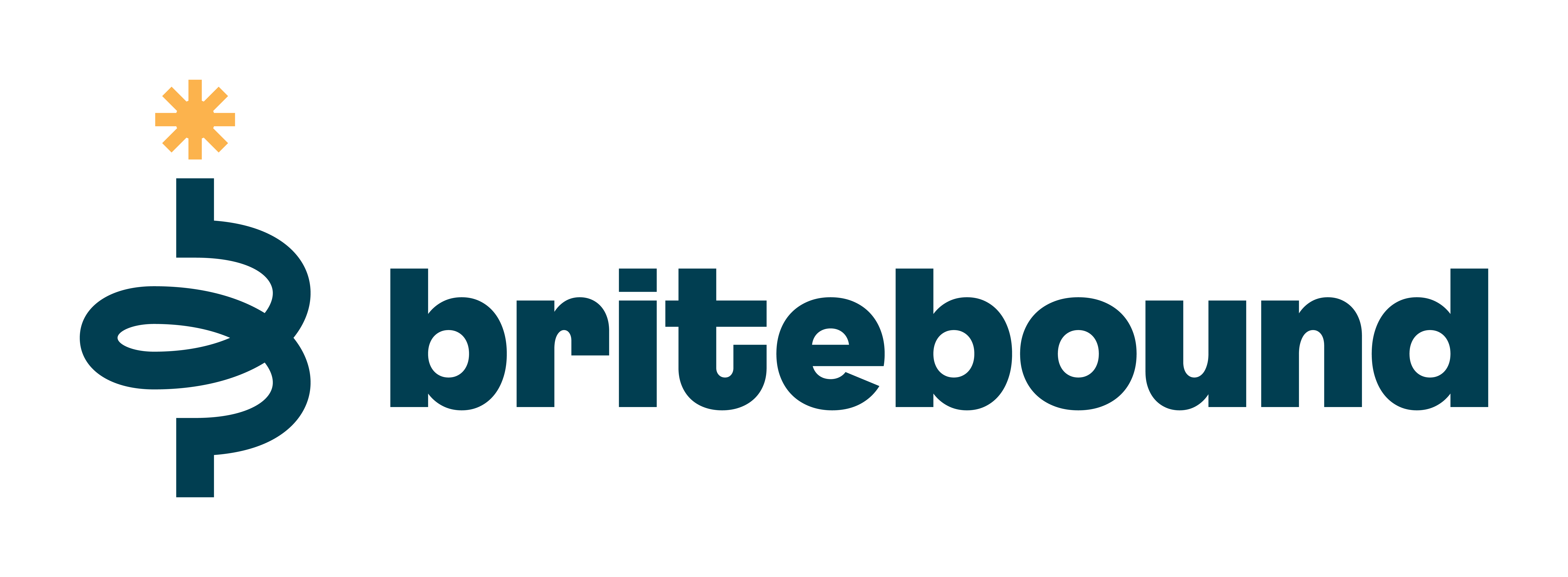Dive Brief:
- Florida Gov. Rick Scott on Friday signed SB 850, which expands the state's voucher program to middle-class families.
- The current program costs the state $300 million and is restricted to low-income families, 60,000 of which are currently served.
- A lawsuit from the state's teacher union, the Florida Education Association, is expected since some see voucher programs as harmful to public education.
Dive Insight:
Under voucher programs, families receive stipends (vouchers) that they can use to pay for tuition at private schools — including religious private schools. This usage of public dollars for private institutions is what has some critics uncomfortable. Florida Education Association Vice President Joanne McCall told the Associated Press that voucher schools come at the expense of public schools.
Florida's lowering of the eligibility threshold could also be construed by some as a desire to dismantle public education. The old reasoning behind voucher programs was to give low-income students an opportunity to attend a private school since their neighborhood school may not have enough resources, given its low tax-base. Expanding the program to middle-class families, as well, seems to expand beyond that reasoning.





 Dive Awards
Dive Awards







